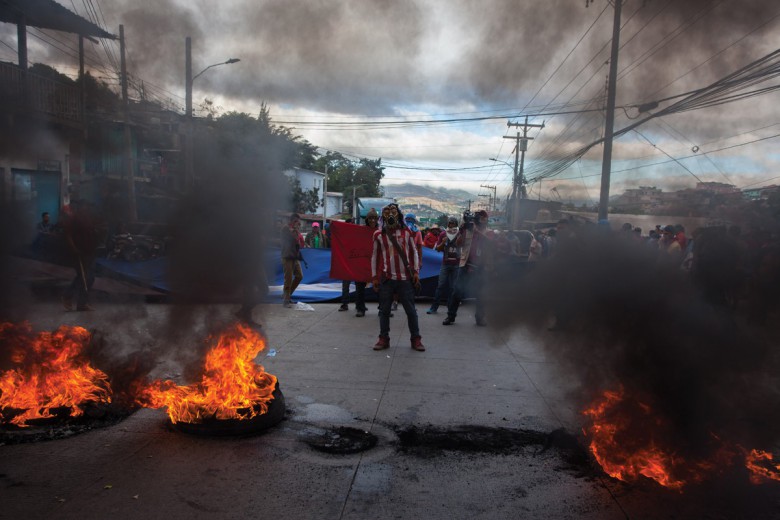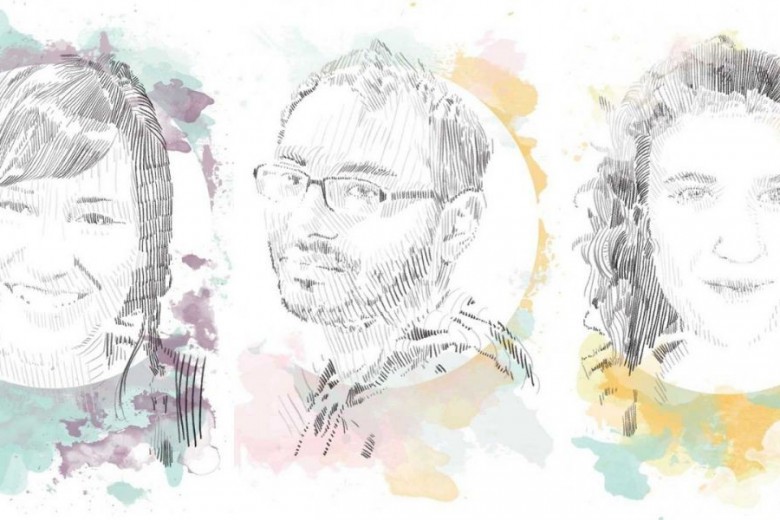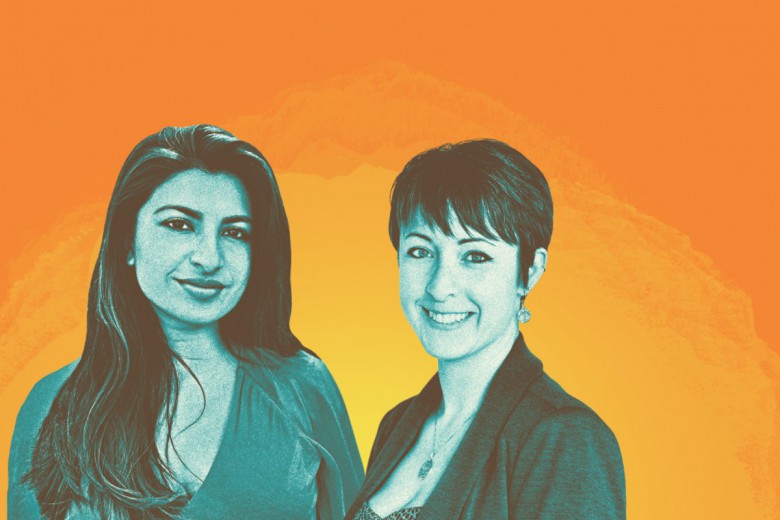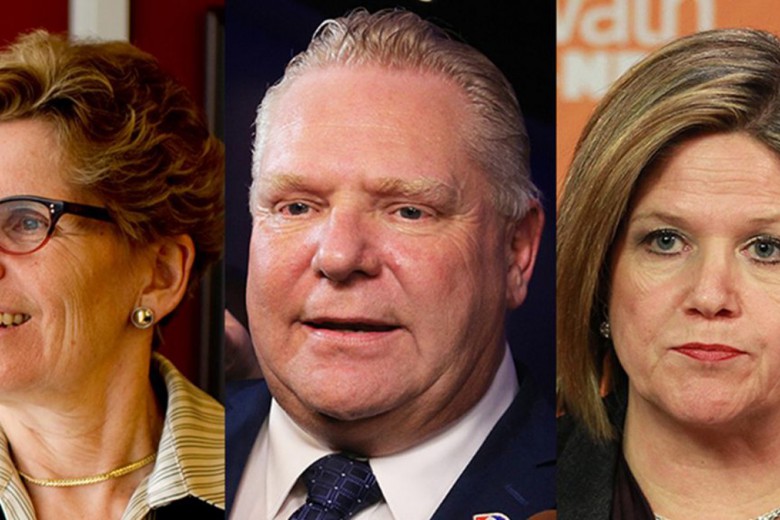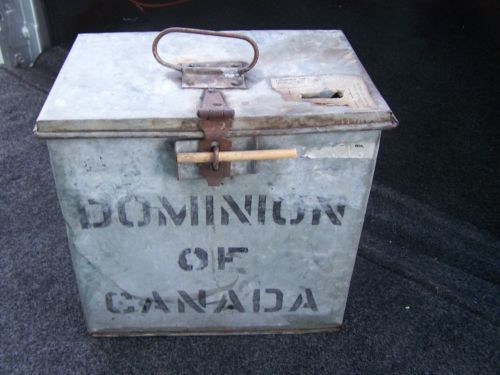
This is part of two of our federal election roundtable discussion. Part one appears in the May/June 2015 issue of Briarpatch and is online here. If you appreciate the independent perspectives presented here, please subscribe today.
What do you think of the range of political perspectives represented by Canada’s major political parties (Conservative, Liberal, NDP, Green)? Is it adequate? 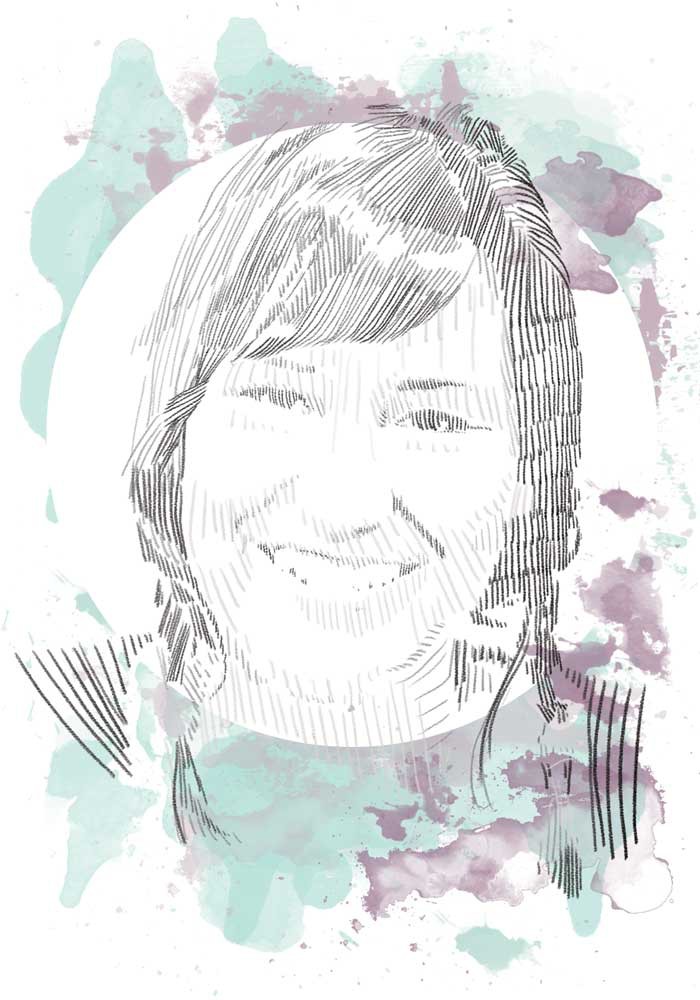
Erica: Not at all. One of the projects we’re working on right now is providing a candidate and party information sheet, that shows how the stance on each policy lines up with Idle No More and struggles for Indigenous sovereignty. The Conservatives and Liberals are nearly indistinguishable, especially in terms of environmental policy, which I find funny, because Trudeau has a tattoo of the Earth inside a Haida raven on his shoulder. I guess love for canoeing and outdoorsiness doesn’t translate into recognizing the need for a harmonious relationship with the land.
As for the Green Party, few women that I’ve worked with from that party were speaking about Idle No More, and Elizabeth May stood up and claimed that white environmentalists face the same violence as Indigenous communities. So that’s not exactly the anti-colonial change that we need, either.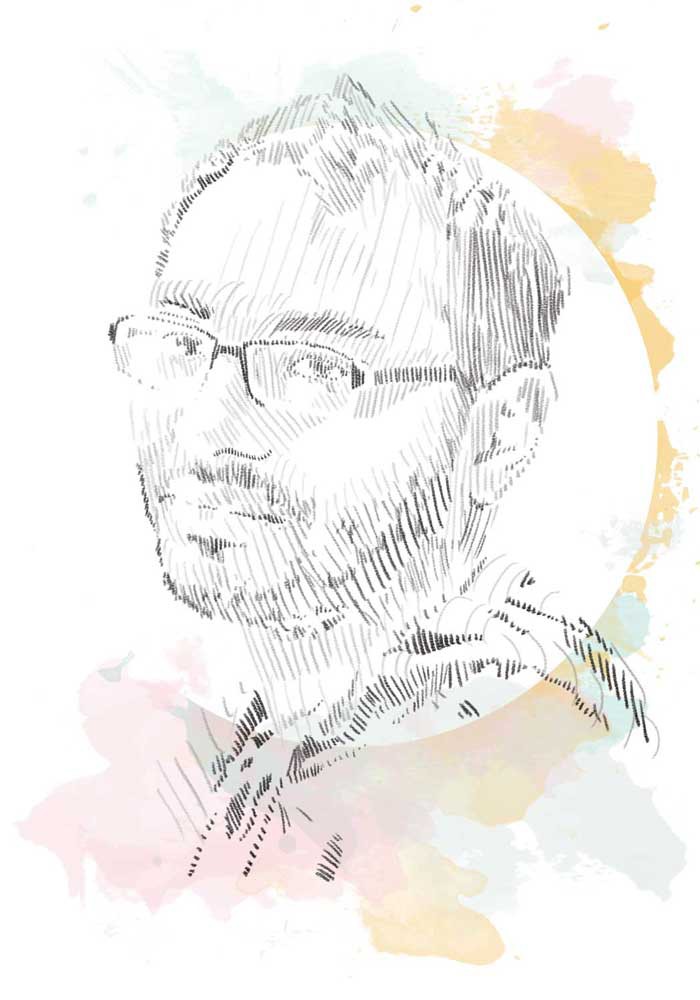
Hussan: If there were an anti-capitalist, anti-colonial party that was pushing forward a new nation to nation relationship with Indigenous communities, was redefining land as something we belong to and not something that belongs to us, a party that refused to participate or support the displacement of people in the Global South, and rejected white supremacy, patriarchy, and transphobia – it would be a good start. Especially if it restructured parliament so that elected representatives went back to their constituencies to present all the bills being discussed in parliament, seeking community input from their electorate – and then voted based on what their community members told them to.
But you know what, I couldn’t vote for it – along with at least two million residents of this country who are undocumented, or migrant workers, or students, or refugee claimants, or permanent residents that are also barred from voting.
I don’t think adding more parties to the roster will create the many worlds we dream of and need. It might be too early to tell, but I fear that is what the Syriza victory in Greece might teach us all again. 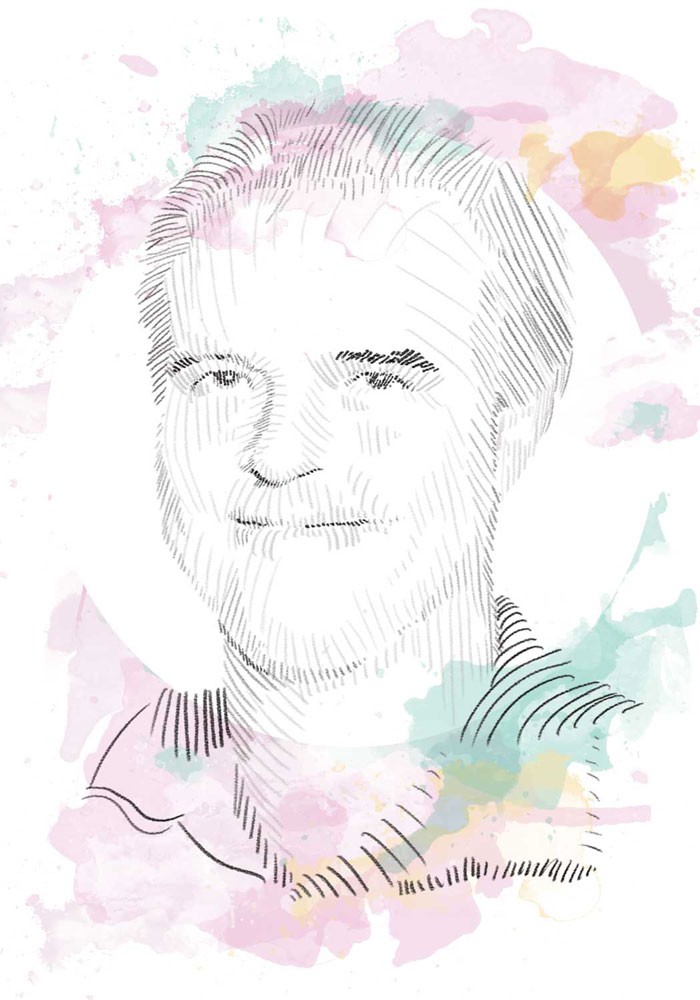
Derrick: I think we’re really suffering from the absence of even something like the New Politics Initiative, which was a network set up 15 years ago to challenge the NDP to refound as a party more oriented towards social movements. We don’t even have an organizational vehicle for this discussion, let alone a truly left party like those that exist for instance in Quebec, much of Europe, and throughout Latin America.
The other thing that’s happened to narrow the political discussion is that the old left-wing within the NDP’s parliamentary caucus has gone silent. This “message discipline” of a party that tries to portray itself as a “government in waiting” means we barely hear from someone like Libby Davies when Israel attacks Gaza, to give just one example. 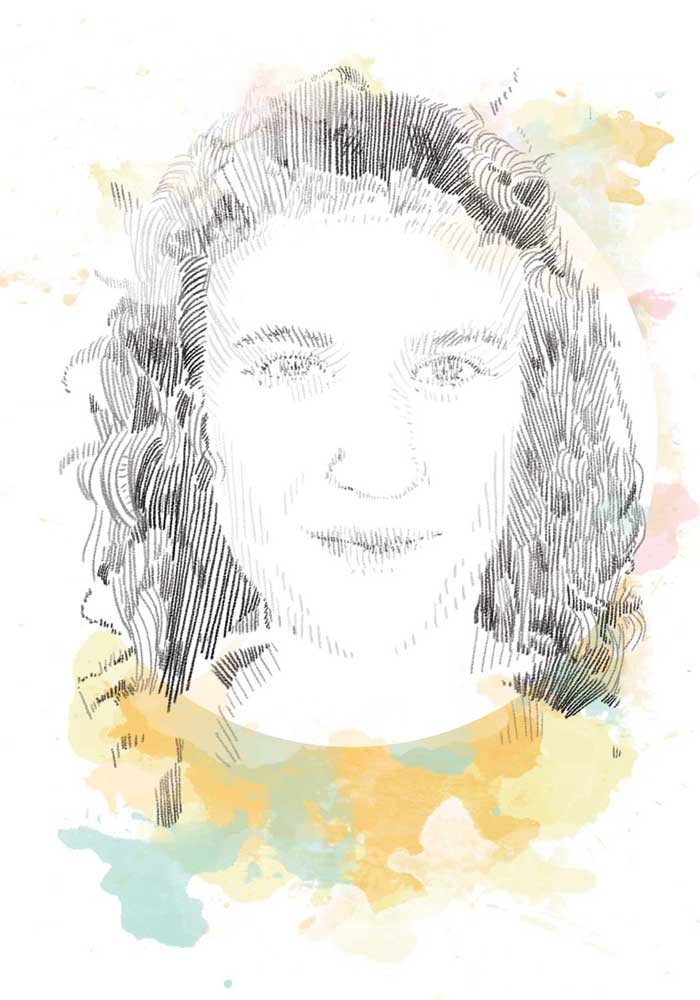
Nora: No, not even close. While the NDP and Liberals seem to be fighting for the winner of “Most enlightened centrist party” the Conservatives are a runaway freight train (or oil pipeline?) toward totalitarianism.
If I have any advice for the NDP it’s that Canadians need an audacious, progressive party that isn’t bullied into moderating their policies by Stephen Harper. Offering people a progressive vision of Canada through enlightened social policies would go a long way to securing a victory for that party. Unfortunately, I don’t think NDP strategists are listening to the right voices. Or, they’re listening to the Right voices, not the ones of their own grassroots members who yearn for a progressive party that would make them proud again. These kinds of electoralist calculations feed this widespread cynicism.
Very few people seem to have strong faith in any of Canada’s political parties. Even campaign volunteers and longtime party members often privately admit to being uninspired. Why do you think that is?
Erica: Because more than we often acknowledge, in Canada, politics are about money and privilege.
As Hussan said, so many Canadians still view Canada as a nation without conflict – so it’s boring. I read someone’s tweet the other day, with a picture of Jennifer Lawrence’s character in The Hunger Games asking “Where is America’s real youth rebellion?” – an activist responded, “with the youth of color in Ferguson, and the immigrant youth on the border.” Similarly in Canada, the real action is at the grassroots level. If a politician wants to be relevant to us, you need to come to our communities, and not just for a photo-op.
Hussan: I don’t think it’s in our interest as social movements to turn people on to elections – but rather to channel their energy, and grow together with actions in our communities and in the streets. Actions that result both in immediate improvements in the lives of people, and that ground and build long term alternatives to these repressive and unsustainable ways of living.
Derrick: Parties treat members as mere donors; deliberations at the constituency level are ignored. It’s easy to get cynical about our prospects for change, but like others are saying, social movements have demonstrated their power to inspire and mobilize and force change onto parties and politicians.
Nora: Fully answering this question requires about a thousand words on neoliberalism and disenfranchisement as a deliberate project meant to cynically convince people that voting is a waste of their time. If you look for examples where parties inspire, though, you can see that this version of the truth could evaporate very quickly. Erica is right: the real action is at the grassroots level. If the NDP harnessed the energy, spirit, and demands of social movements, I think you’d see this cynicism vanish, at least for a period of time. But social movements have a huge role to play in inspiring people, and reminding them that even if a political party lets them down, the real power is outside elections and party politics, not inside.
What’s an issue that you feel doesn’t get discussed enough when the media covers elections?
Erica: From what I’ve seen, economic issues always get the most coverage. What that fails to do is acknowledge how interconnected economic issues are with issues of the environment, of labour, of war and abuses of human rights, of immigration and exploitation, of resource extraction and the violation of sovereignty.
Hussan: I agree with Erica entirely.
I imagine what would be useful is to have a debate about how decisions should be made and what those decisions should be, and not who should make the decisions and how they should be selected.
Derrick: I dream of an election campaign where all media outlets boycott the leaders’ jets and focus on profiling local voters and volunteers. And where local candidates speak their minds instead of repeating centralized talking points. I’d like to see a lot more public debates organized around issues and featuring local activists as well as politicians. I think independent media outlets have a big responsibility to help facilitate more meaningful public debate.
Nora: During elections, journalists don’t report enough on any issue outside of the frame of what party is making which promise. So while the most important issues are routinely ignored, even the issues that are reported on are driven by what the parties are offering and not analyses of those issues. For example, if the Conservatives are promising new jobs, the counter-balancing story tends to be about what the other parties are offering, rather than how, as a party, their record on creating good, stable jobs for Canadians is dismal. This means that parties can easily manipulate the news cycle and continuously change the channel on journalists and, rather than holding parties to account, they flow with the strategic calculations made by party strategists.
Mainstream news is deeply flawed; I have no confidence in any mainstream outlet to even do a decent job of covering a basic issue like education.


